All on 4 Dental Implants Cost Thailand
If you’re considering a life-changing full-arch dental implant procedure, Thailand has become one of the most popular destinations for international patients. With world-class dentists, advanced technology, and significantly lower prices, it’s no wonder many people travel here to restore their smiles.
On average, the cost of All-on-4 treatment in Thailand ranges between $8,000 and $15,000 per arch — far lower than in countries like the US, UK, or Australia, where the same procedure can exceed $25,000.
This guide breaks down what affects the total price, what’s included in a typical package, and why Thailand continues to lead in dental tourism.
Average All-on-4 Treatment Prices
In Thailand, patients can expect to pay around $8,000–$15,000 USD per arch, which usually covers:
-
The placement of four high-quality titanium implants.
-
A custom, fixed dental bridge.
-
Essential diagnostics and surgical fees.
For full-mouth restoration (both upper and lower arches), the total cost is roughly double. Prices may vary depending on the clinic’s location, technology, and materials used.
Why Dental Implants Are More Affordable in Thailand
The lower price doesn’t mean lower quality — Thailand’s dental clinics are known for high standards and internationally trained specialists. The savings mostly come from:
-
Lower operational costs: Staff wages and rent are much cheaper than in Western countries.
-
Competitive market: Thailand’s strong medical tourism industry keeps prices fair while maintaining high quality.
-
Government support: The healthcare tourism sector is well-regulated and promoted by Thailand’s Ministry of Health.
What’s Included in an All-on-4 Package
A typical dental implant package in Thailand includes everything from diagnostics to aftercare:
-
Consultation & diagnostics: Panoramic X-rays and 3D CT scans.
-
Implant surgery: Placement of four titanium implants per arch.
-
Temporary bridge: A fixed prosthesis attached on the same day.
-
Permanent bridge: Custom-made (acrylic, zirconia, or porcelain) after healing.
-
Surgical fees & anesthesia.
-
Post-surgery care: Follow-up visits and check-ups.
Many clinics catering to international patients also include airport transfers and assistance with accommodation.
Factors That Affect the Final Cost
Several factors influence your total price:
-
Implant brand: Nobel Biocare and Straumann cost more than Osstem or Hiossen.
-
Bridge material: Acrylic is budget-friendly, while zirconia offers premium aesthetics and durability.
-
Dentist’s expertise: Highly credentialed surgeons may charge more.
-
Additional treatments: Bone grafting or extractions can increase overall costs.
How Many Visits Are Needed?
The All-on-4 process usually involves two trips to Thailand:
-
First Visit (7–10 days): Consultation, surgery, and placement of the temporary bridge.
-
Healing Period (3–6 months at home): The implants bond with the jawbone.
-
Second Visit (5–7 days): Fitting and adjusting the permanent bridge.
All-on-4 vs. All-on-6: What’s the Difference?
| Feature | All-on-4 | All-on-6 |
|---|---|---|
| Number of implants | 4 per arch | 6 per arch |
| Best for | Most patients, including mild bone loss | Patients with strong bone density |
| Cost | More affordable | Slightly higher due to 2 extra implants |
Your dentist will determine the best option for you based on a CT scan of your jawbone density.
How to Choose the Best Dental Clinic in Thailand
Choosing the Right Dental Clinic in Thailand
To ensure a safe and satisfying result, look for clinics that offer:
-
Qualified implantologists with international experience.
-
Accreditation (e.g., JCI or ISO certification).
-
Modern equipment such as digital scanners and 3D CT.
-
Transparent pricing with detailed package breakdowns.
-
Verified patient reviews from international clients.
PlacidWay can connect you with pre-vetted, high-quality dental clinics in Thailand.
Start Your Journey with PlacidWay
Restoring your smile with an All-on-4 implant procedure in Thailand is more than just affordable — it’s life-changing.
Our team helps you compare clinics, understand your options, and get a personalized quote before you travel.
Contact us today for a FREE consultation and take the first step toward a confident, lasting smile.



.png)
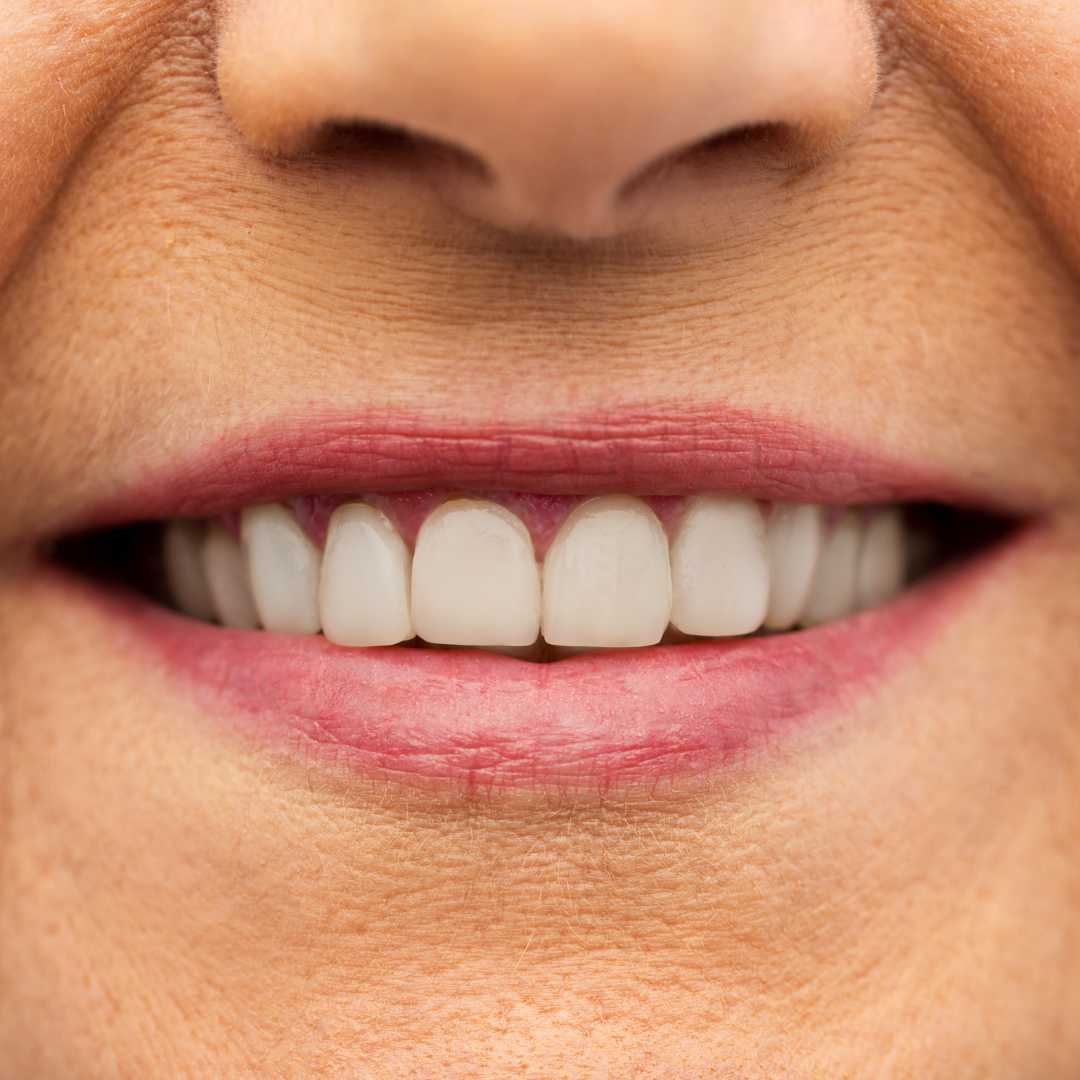

.png)

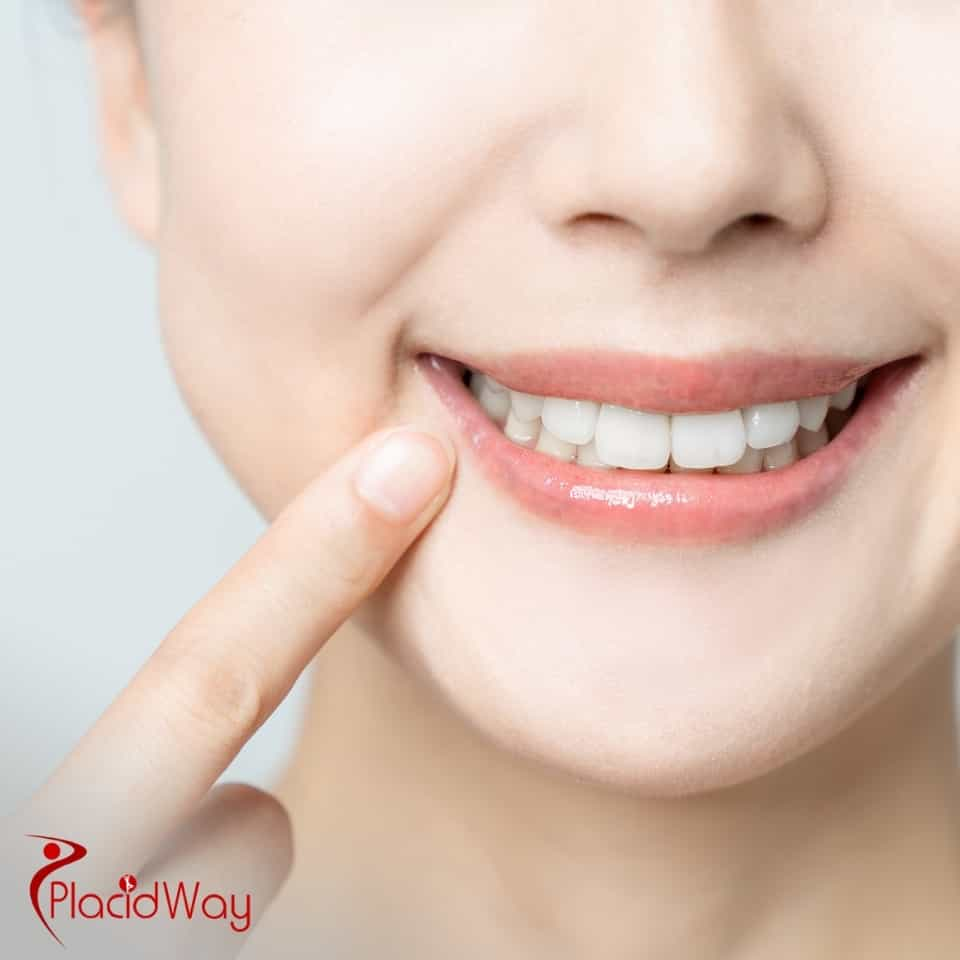
.png)
.png)
.png)
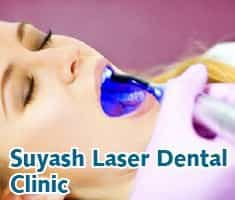
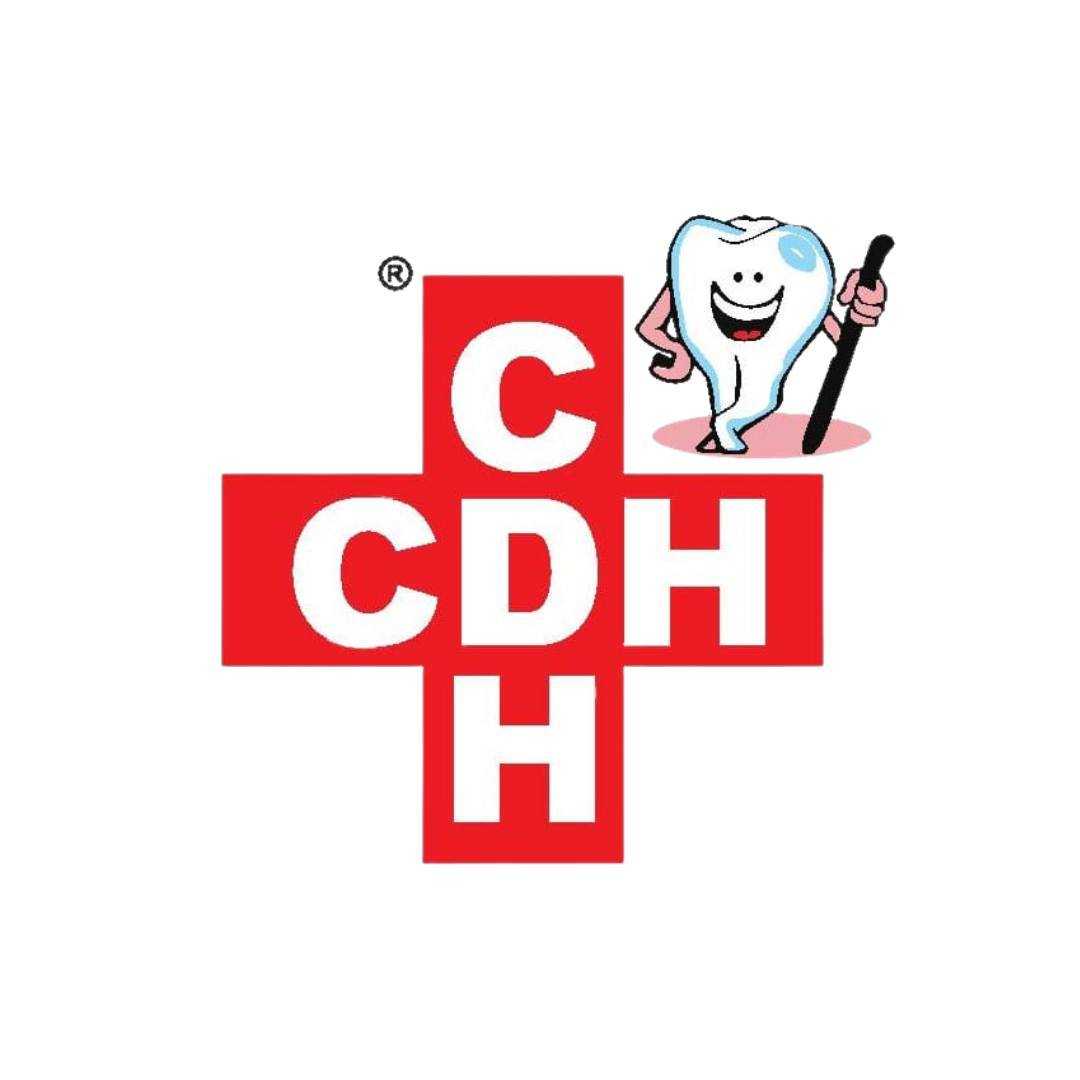
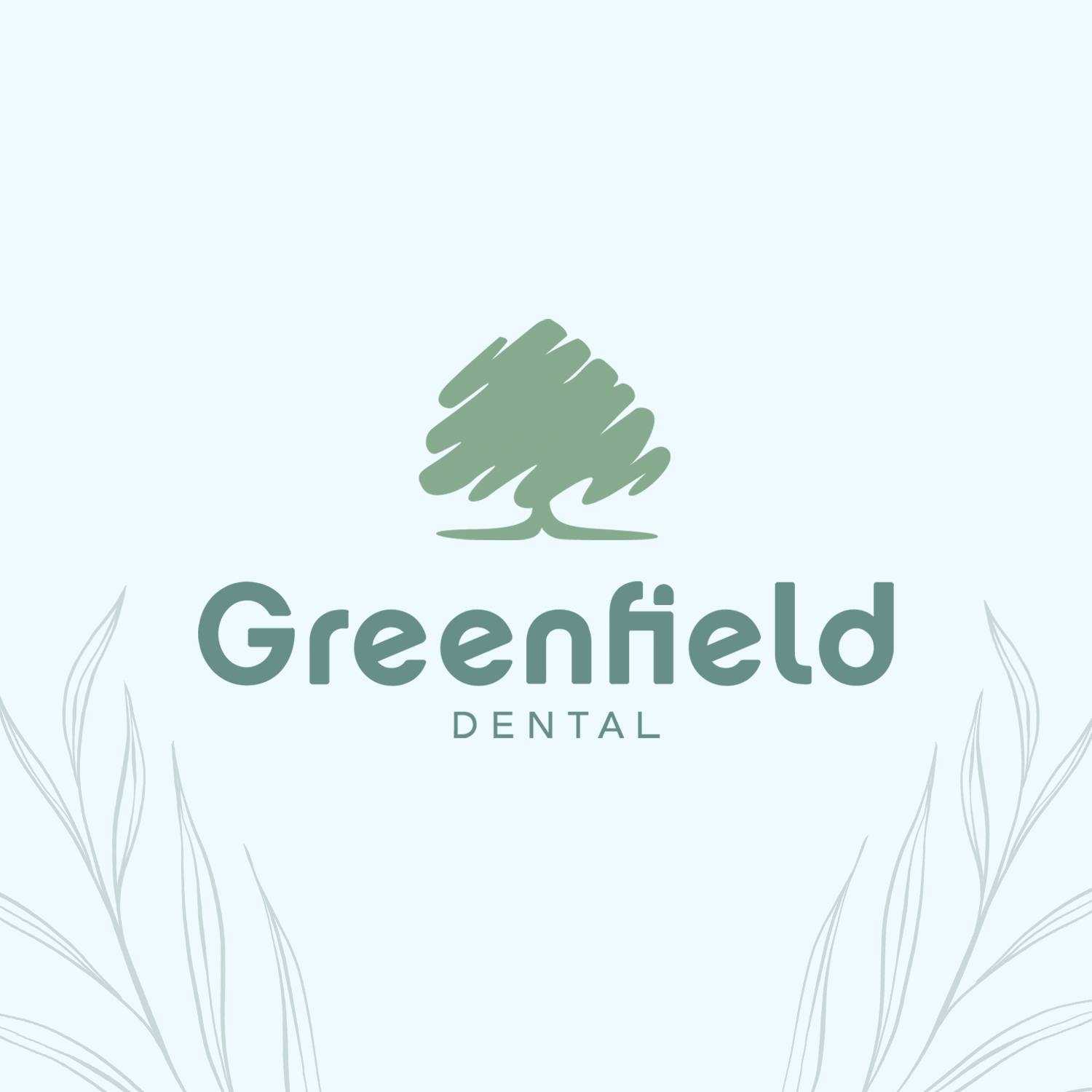
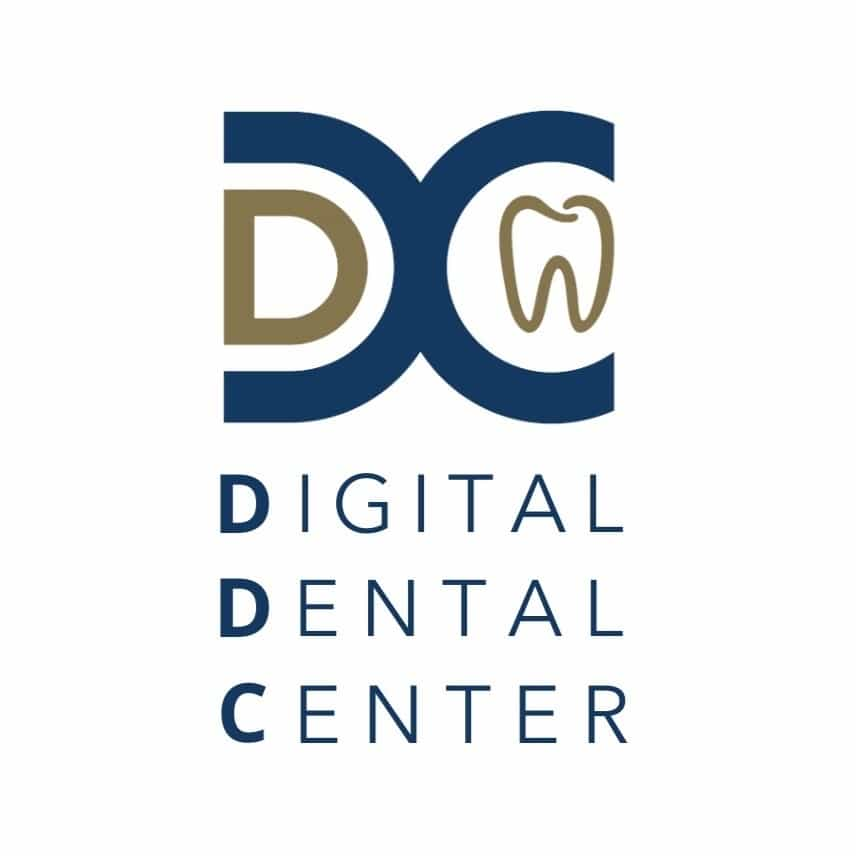
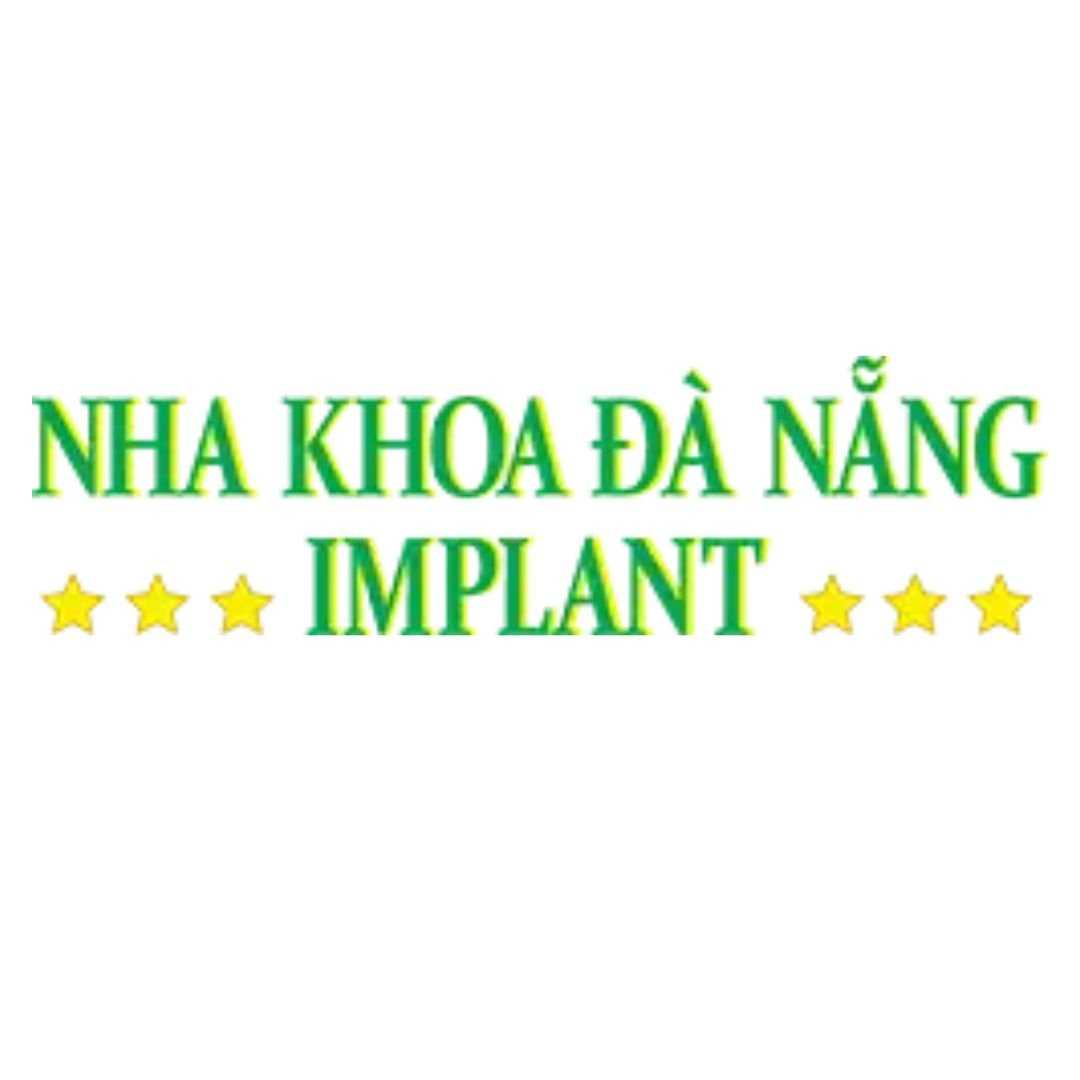

Share this listing